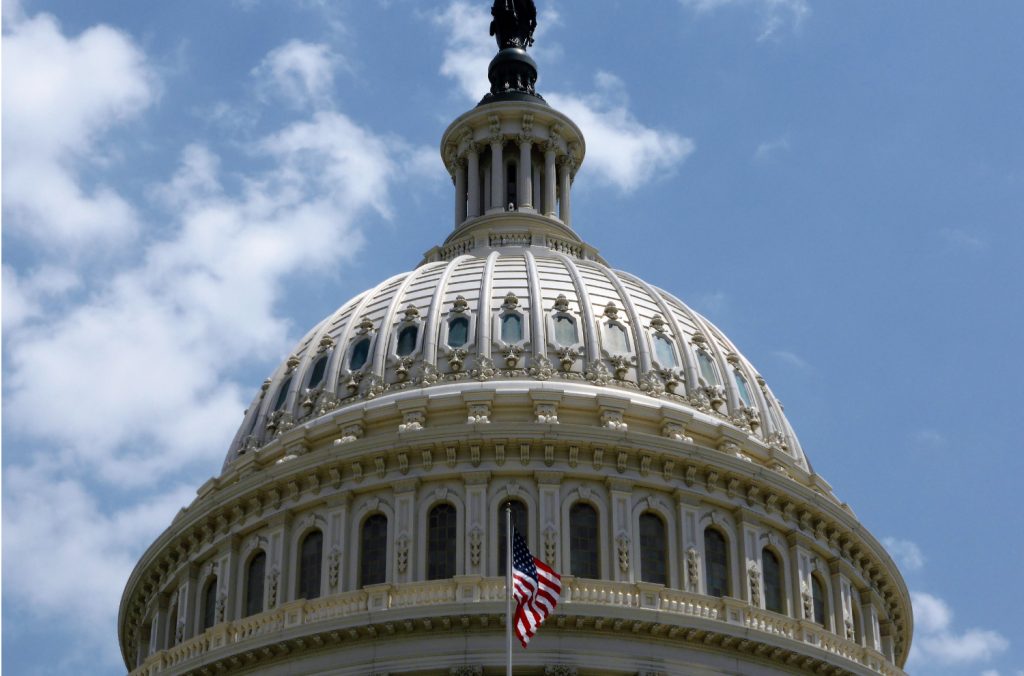
The COVID-19 pandemic has hit the United States especially hard. As we reported last week, the crisis is highlighting many challenges, including the severity of the digital divide. Far too many Americans either lack broadband access at home or are unable to subscribe when it’s available. The most commonly cited factor for not subscribing is the high cost of service. This impact is perhaps felt most by students, teachers, and schools.
Data from the American Community Survey shows that about 17% of U.S. students do not have access to a computer at home and 18% do not have broadband internet at home. An estimated 6.15 million students fall into one or both of these categories.
As more schools have closed and shifted learning online, educators are struggling to ensure every student has the internet access needed to participate. One immediate solution would be for the Federal Communications Commission (FCC) to expand its schools and libraries subsidy fund, known as E-Rate, to include off-campus connectivity. Currently, E-Rate provides discounts to these institutions to increase connectivity, but it only applies on-campus.
This week, a group of over 7,600 educators wrote FCC Chairman Ajit Pai asking him to make this change. Chairman Pai has reportedly said he does not think the FCC has authority from Congress to provide connectivity off-campus.
Which leaves us with Congressional action to help solve this problem. Over the weekend, Senate Republicans made public a $1.6 trillion bill designed to support families and businesses impacted by this public health and economic emergency. Yet, absent from the bill was any meaningful effort to extend connectivity to more Americans who need it.
On Monday, House Democrats unveiled their legislation, the Take Responsibility for Workers and Families Act. The bill proposes spending $2.5 trillion on a laundry list of efforts to help students and schools. Included in the bill is $1 billion worth of emergency funding for Lifeline to support home internet connectivity with subsidies of up to $50 per eligible household. The bill also includes $2 billion for schools and libraries to access hotspots that can immediately support home connectivity.
At Voqal, we believe that universal connectivity is a key component of a more socially equitable world. While the Senate bill aimed at addressing the coronavirus pandemic doesn’t seem to go far enough when it comes to connecting the unconnected, the House bill does give us hope that real progress on this issue can be made. We will continue to support efforts at all levels of government aimed at addressing this issue and further bridging the digital divide.